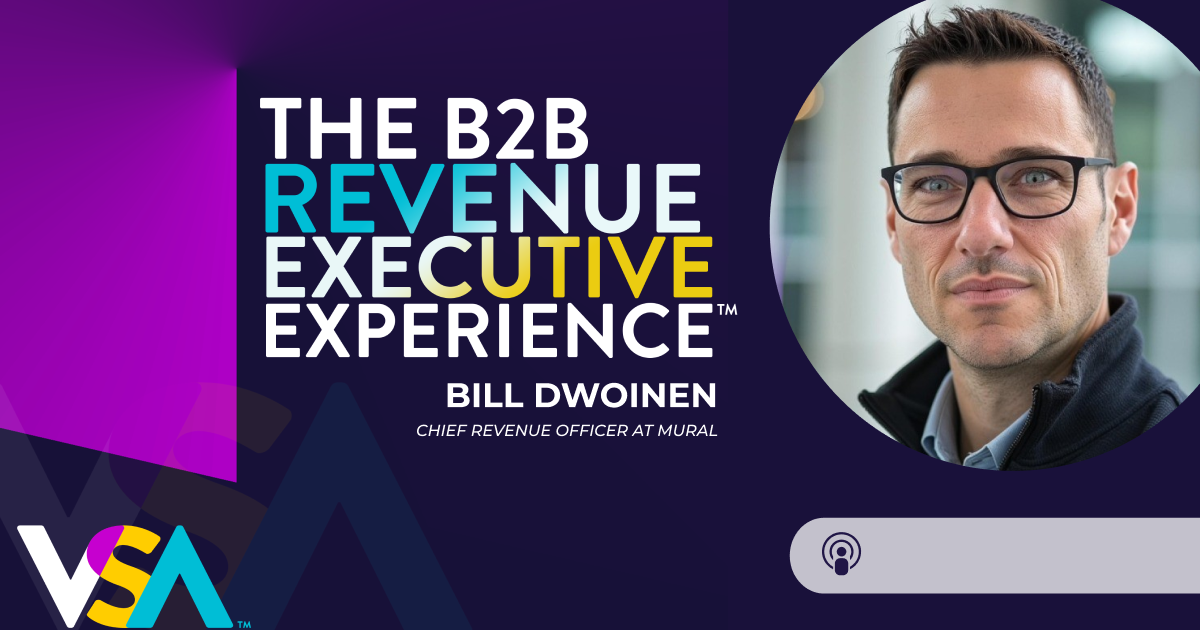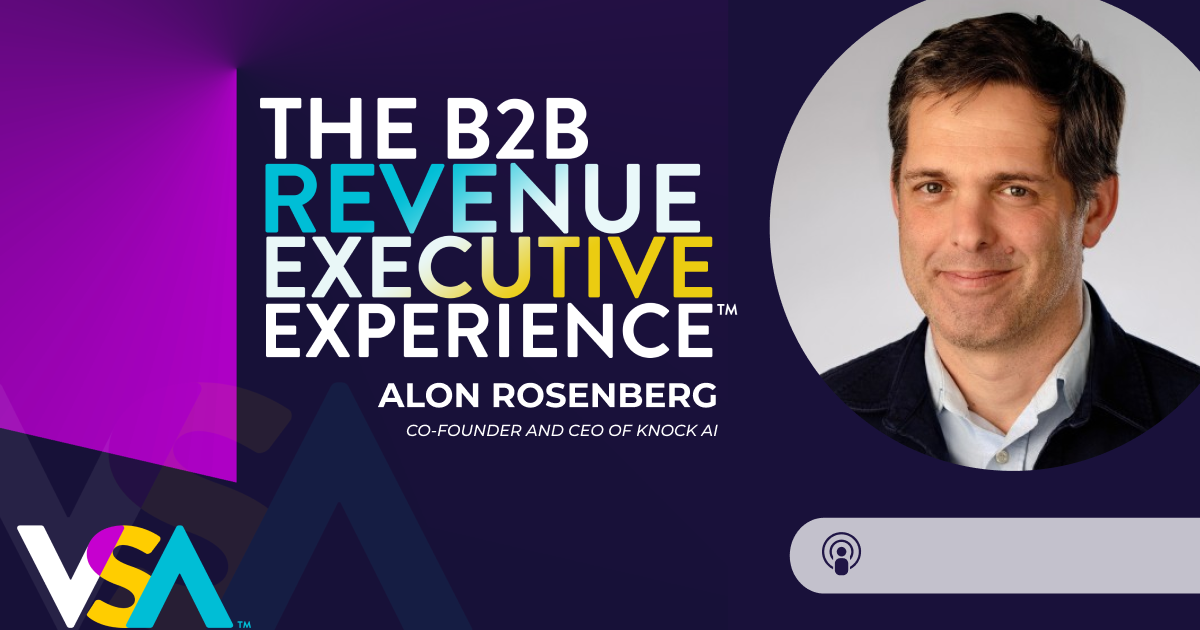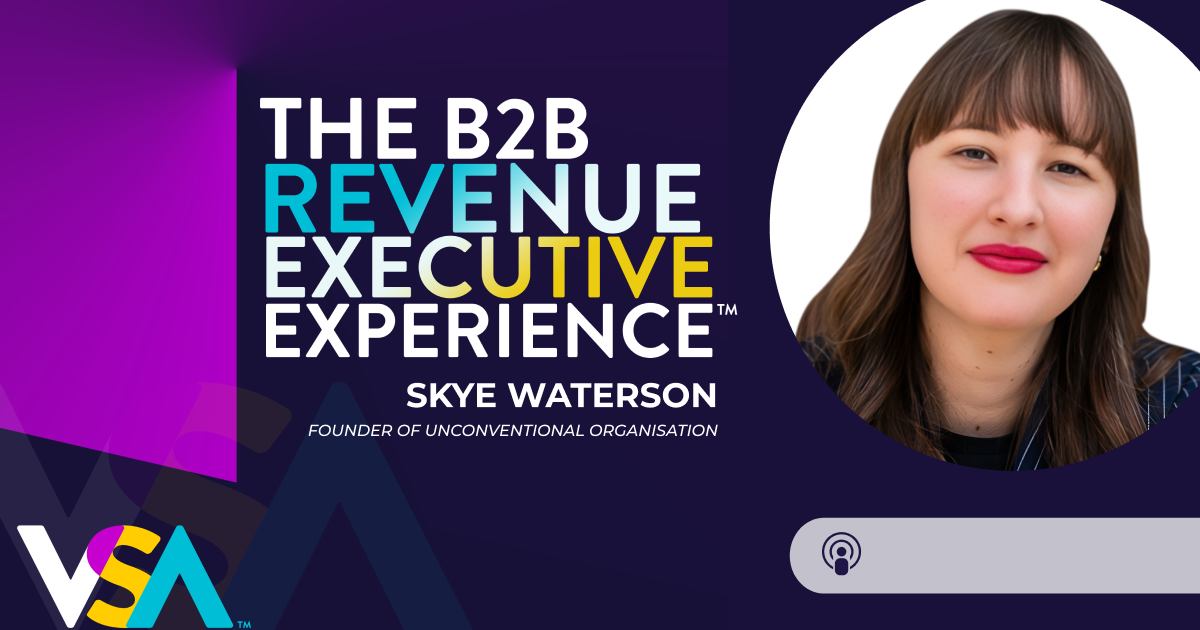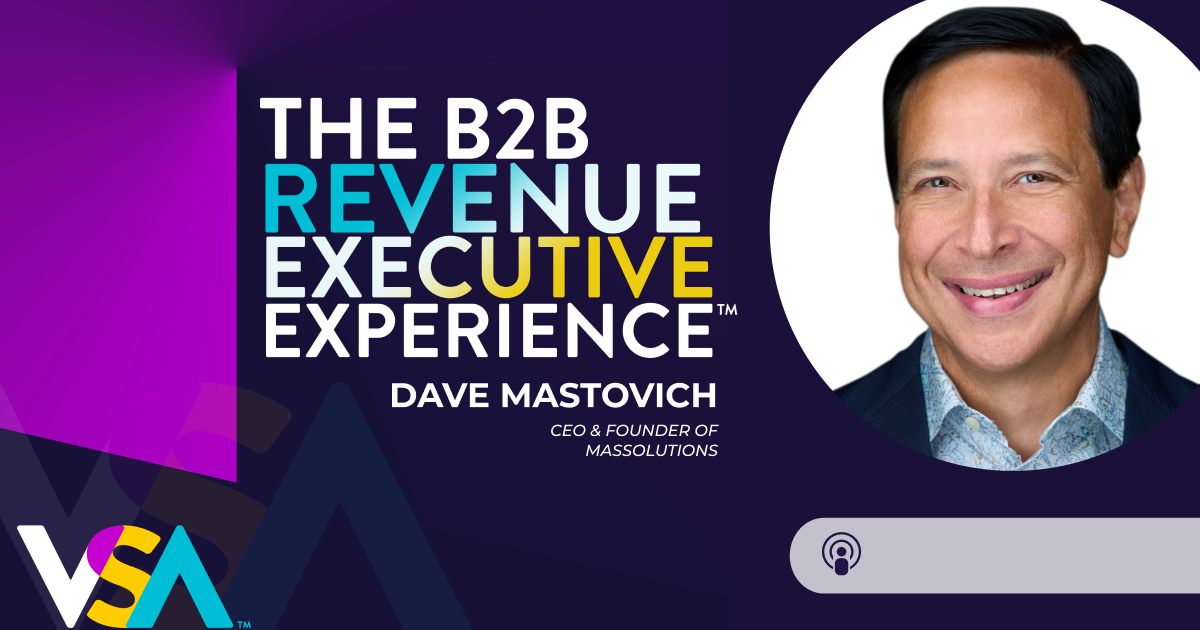Improving Change Intelligence

The world is continually going through a great deal of transformations. Whether these are digital transformations or sales transformations, they all mean the same thing: change has become the norm whether you like it or not.
While some organizations change to deliver great results, many of them fail and in worst case scenarios harm organizations and individuals involved. We sat down with Barbara Trautlein, author of Change Intelligence, to discuss why organizations struggle with change and the role that leadership plays.
Why do Change Initiatives Fail?
This is a question that Barbara began asking herself nearly a decade ago. In the 90s it was reported that nearly 70 percent or more of organizational changes failed – things like changing the sales approach, CRM or product launches. Barbara noticed that this statistic has continued to stay static – so she began looking to not just manage change, but develop leadership capability.
“We need to be smarter about leading change, we need change intelligence,” Barbara said. Hence, the CQ or Change Intelligence was born – a combination of managing change and developing skills, a.k.a., leading change.

People vs. Process
Many failures come from leaders’ inabilities to manage change rather than the process or the approach that they take. “If you look at the literature on managing change, the large bulk of it focuses on overcoming resistance to change,” Barbara said. “The focus is on doing something to other people or against them or in spite of them.”
Instead of focusing on the resistance from others, Barbara says we need to turn the mirror back on ourselves. Oftentimes what looks like resistance in other people, is an opportunity to look at ourselves and do something differently as change leaders. “We can control ourselves and only ourselves. We can’t force change on others.”

Becoming a Change Leader
Many people don’t think of themselves as change leaders, simply because they don’t have that description in their title. There’s a fear factor as well – many successful people are afraid of change, because they haven’t needed to change to get to where they’re at. If someone wants to become a change leader, it’s crucial that they look at their successes and where they’ve stumbled and use them as fodder for continual learning. “We know the most effective leaders are the most reflective,” Barbara said.
According to Barbara, there are three main styles of leading change:
Leading from the heart: these leaders focus on the people that are impacted by the change. They spend a lot of time engaging with people and communicating, building teams and building trust.
Leading from the head: these are the visionaries; they focus on the strategy, the big picture and the future.
Leading from the hands: these leaders like to plan out how to get from point A to point B. They are tactful and detail oriented.
Barbara says that while most leaders have a head, heart and hands, not all of them incorporate all three styles into their leadership roles. Her data has shown that leaders in the highest level positions tend to lead from the head. “That’s a strength. But any strength overdone is not so much a strength anymore,” Barbara said.
Oftentimes executives and people who primarily lead from the head are excited and ready for change when nobody else is. “They’re on the bus, and the bus is leaving the station but they look around and nobody is on the bus,” Barbara said.
That’s why it’s important for executives and senior leaders to engage the heart. Not everybody is going to be as excited as you – you need to connect the change with people’s emotions, understand their fears and concerns, and customize your communications. It’s just as important to equip the hands, as this is the least popular style of leadership already and one of the reasons that the failure rate is so high – it puts a plan in place to get from here to there.

3 Ways to Improve CQ
We asked Barbara how leaders can improve their CQ. This is what she said:
- Awareness. Take an assessment, or look to your people and evaluate what your leadership style might be. This can help you understand where some of your blind spots may be.
- Connect with your people. Find out what the resistance, if any, might be among your organization and take the time to understand what motivates and encourages them.
- Have a plan. Show your people how you’re going to make the change and have a process in place to get them on board.
What is Most Effective When Someone is Trying to Sell You?
We like to ask our podcast guests this question. Here’s how Barbara answered:
“I want to know that somebody cares about me, has done some research about me and understands my world. I want to understand that you have some clue about my pain point and my aspirations and that you have some thoughts and you aren’t going to waste my time. I want to feel some sense of that. That you have some tangible ideas about how you can serve my clients better or reduce my administrative burden.”
Acceleration Insight
In every episode of the B2B Revenue Executive Experience, we try to pull one nugget of wisdom from our guests that they would impart on a sales professional. Here’s this one:
“Start with the heart. Relationships get results. The best thing in a relationship is an investment that’s going to make a return on your investment much more so than other activities.”
This post is based on a podcast interview with Barbara Trautlein, Change Intelligence. To hear this episode, and many more like it, you can subscribe to the B2B Revenue Executive Experience.
If you don’t use iTunes, you can listen to every episode here.
Explore More









